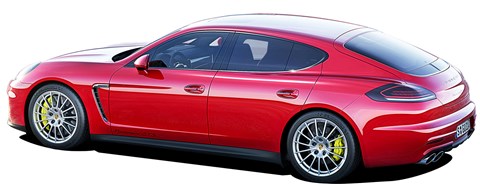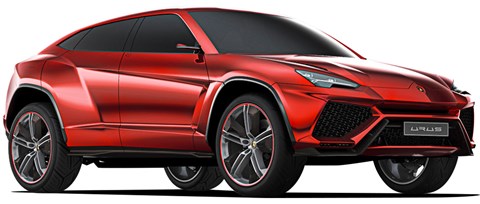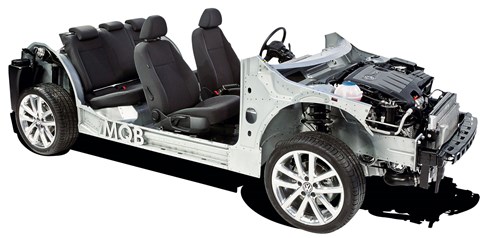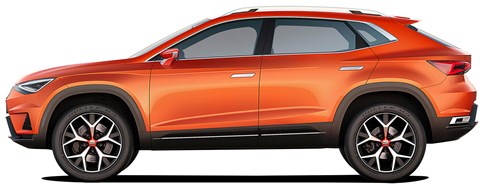► Latest fall-out from #dieselgate
► We decode the VW shake-up
► VW management structure broken down
The new group boss
Matthias Müller
The ex-Porsche chief knows VW’s multi-marque maze inside out. One key early move is to review all major investments, such as a Chinese dual-clutch factory or a new sports car for VW/Audi/Porsche. While seeking to drag VW’s reputation from the mire, he will also step up the plug-in hybrid roll-out
The new group structure
The car brands (and Ducati) are divided into three pillars – volume, sport, premium – with commercial vehicles and trucks separate entities. The intention is to give the brands more autonomy to speed up decision-making
The sports group

Bentley
Though it shares V8 and W12 engines with Audi, the next-generation Continental GT and the production version of the two-seat Speed 6 coupe (below) will be spun off Porsche’s MSB chassis
Bugatti
The Molsheim operation is at full steam preparing for 2016’s Veyron successor, reconfiguring the workshop, adapting logistics and showing the new super sports car to potential customers.
Porsche
Porsche is the mastermind of this trio, which coalesces around the sports car and mid-engined platforms. The latter is MSB, which houses its powerplants behind the front axle, and comes with rear- and all-wheel drive. Next year’s new Panamera will introduce the modular platform, which will also be used by Bentley. While next year’s Audi A8 goes it alone, future limo generations – and VW Phaeton – could be wise to switch to MSB, and maybe even the A6 too…

The premium group
Ducati
Like Bugatti, another vanity purchase masterminded by former supervisory board chairman, Ferdinand Piëch, a lover of the Italians’ artful motorcycles
Lamborghini
Why is Lamborghini not part of the sports division? ‘Because they are doing their own thing well,’ Matthias Müller has said. ‘The Italians are our carbonfibre spearheads, it would be foolish to tamper with this. The upcoming Urus is based on the new full-size SUV platform, developed by Audi. I don’t see an obvious Porsche connection.’ The Urus (below) is due in 2018

Audi
The group’s mainstream cash machine keeps Lamborghini under its wing, and the leftfield Ducati motorcycles and Ital Design (whose styling work supports all the brands). Its key toolkit is the MLB platform, which underpins the Q7/Cayenne/Bentayga; a big question mark is whether the next A4 switches from longitudinal engines to MQB, saving weight and about €600 per car
The volume group

VW
Common hardware has shaped each pillar, with the volume brands united around the front/transverse engine MQB ‘toolkit’ (above), with VW engineers leading its development
Skoda
The Czech outpost has made VW’s returns look bad, partly by piggybacking VW’s MQB development costs argued former CEO Martin Winterkorn. Skoda has grown to a six model line-up, to be boosted in 2016 by a midsize SUV based on the Tiguan. New boss is Bernhard Maier, ex-Porsche sales and marketing chief
Seat
Habitual loss-maker and weak link in the volume pillar, but Seat is investing to fill a Martorell plant which suffered due to the depressed Spanish market. Its Tiguan-based SUV (below) arrives in the spring, with three more models – including a new Ibiza based on the latest group toolkit – to follow by 2018

The new Seat boss: Luca de Meo
Most recently Audi sales and marketing chief, but first came to VW’s attention with his successful launch strategy for the Fiat 500, and its Mini-like focus on lucrative personalisation
The new VW boss: Herbert Diess
Famed as a ‘kostenkiller’ at BMW, Diess only joined as VW brand chief in July, with the brief to raise VW’s 2.5% margin to 6% by 2018. Two months later, the world caved in. Perversely, the need for VW to change its culture and push through savings to pay for dieselgate may give Diess more leeway to be radical
Should you still buy a diesel car? We look at the future of derv